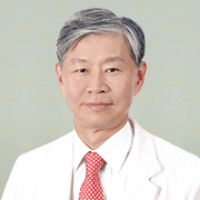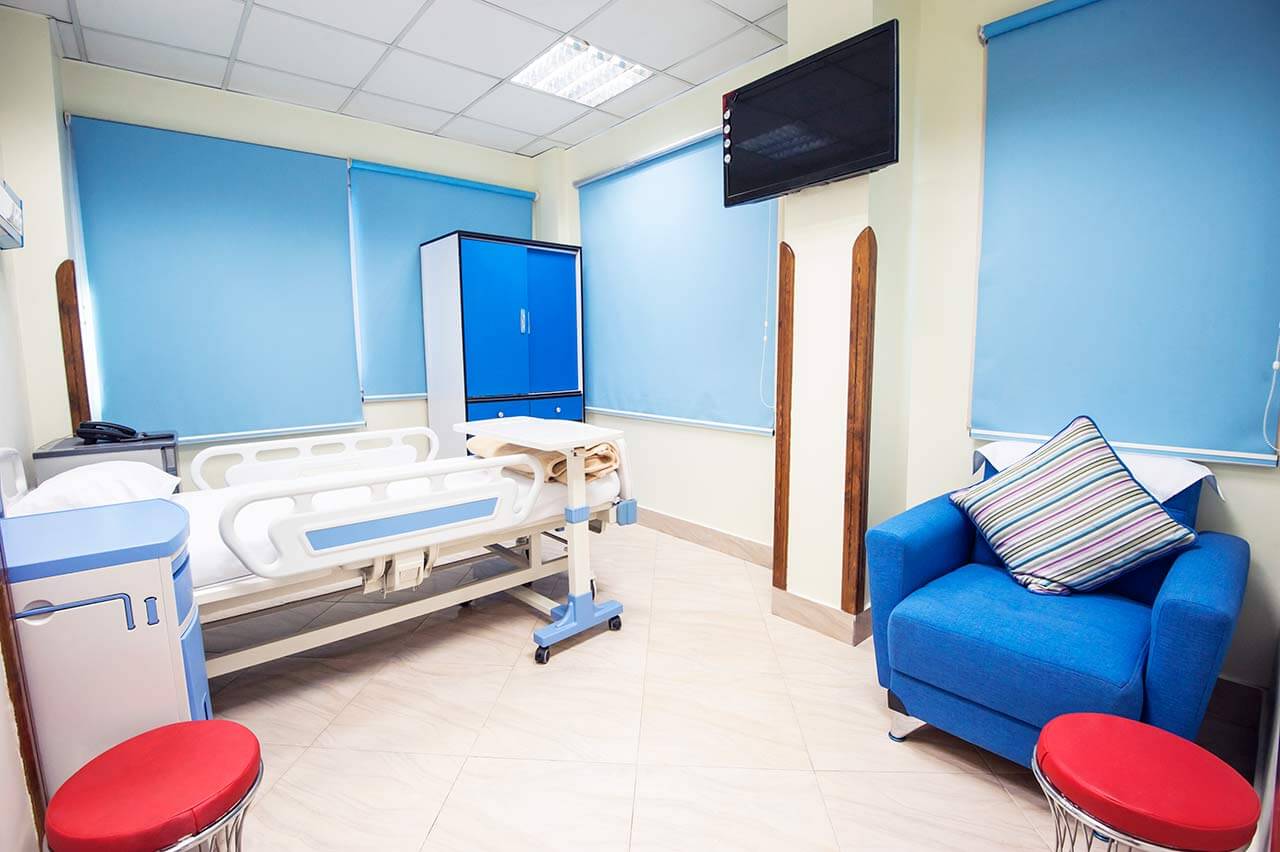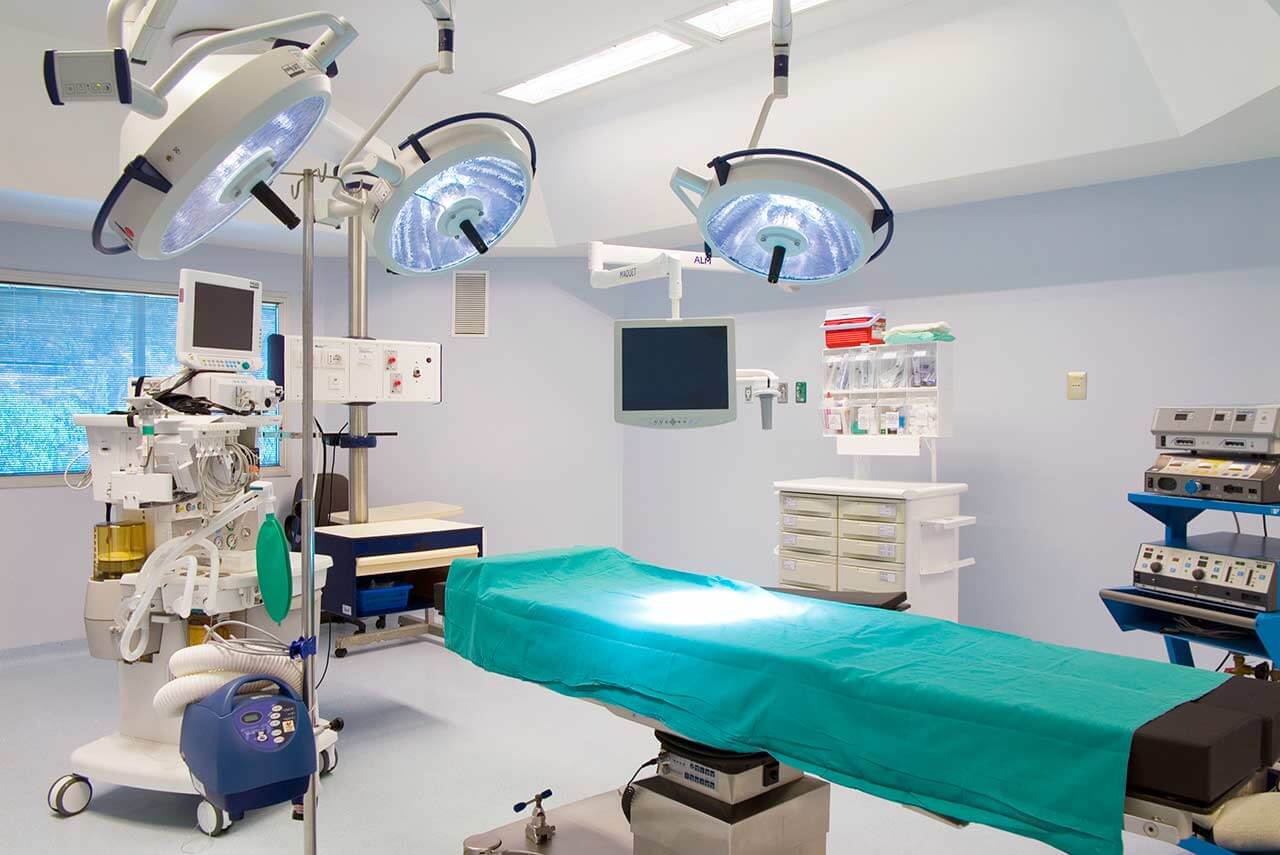
The program includes:
- Initial presentation in the clinic
- case history collection
- general clinical examination
- laboratory tests:
- complete blood count
- general urine analysis
- biochemical analysis of blood
- TSH-basal, fT3, fT4
- tumor markers
- indicators of inflammation
- indicators blood coagulation
- ultrasound
- CT/MRI scanners
- endosonography/ cholangigraphy
- gastroscopy with biopsy and ercp or pops
- stenting and bougienage
- symptomatic treatment
- cost of essential medicines
- nursing services
- stay in the hospital with full board
- full hospital accommodation
- elaboration further recommendations
Required documents
- Medical records
- MRI/CT scan (not older than 3 months)
- Biopsy results (if available)
Service
You may also book:
 BookingHealth Price from:
BookingHealth Price from:
About the department
The Department of Gastroenterology at the Samsung Medical Center offers the full range of services in this medical field. The department deals with the diagnosis and treatment of diseases of the stomach, esophagus, small and large intestine, liver and pancreas. Of particular interest is cancer treatment. To ensure an accurate diagnosis, the department has the state-of-the-art endoscopic equipment. The department is headed by Prof. Dr. med. Kim Jae Jun.
It should be noted that the department offers a very effective treatment method for stomach cancer in the early stages and precancerous gastric conditions of the stomach – endoscopic submucosal dissection (has been performed in the department since 2004). With this technique, it is possible to resect neoplasms of any size. This method helps the patient avoid full surgical intervention and quickly return to everyday life.
Also, the department shows excellent results in the treatment of liver cancer, acute and chronic hepatitis, alcoholic liver disease and nonalcoholic fatty liver disease, liver cirrhosis and other hepatological pathologies. The department annually treats about 25,000 patients with liver cancer. The most effective treatment methods offered by the department’s medical team are transarterial chemoembolization, radiofrequency ablation, radiation therapy or chemotherapy.
The service range of the department includes:
- Diagnosis and treatment of stomach diseases
- Functional stomach disorders
- Stomach ulcer
- Duodenal ulcer
- Stomach cancer
- Other diseases
- Diagnosis and treatment of esophageal diseases
- Esophageal motility disorders
- Reflux esophagitis
- Esophageal cancer
- Other diseases
- Diagnosis and treatment of small and large bowel diseases
- Irritable bowel syndrome
- Bowel ischemia
- Diverticulosis of the large intestine
- Small and large intestine cancer
- Other diseases
- Diagnosis and treatment of liver diseases
- Acute and chronic hepatitis
- Alcoholic liver disease and nonalcoholic fatty liver disease
- Cirrhosis
- Liver cancer
- Other diseases
- Diagnosis and treatment of pancreatic and biliary tract diseases
- Pancreatic cancer
- Gallbladder cancer
- Duodenal cancer
- Bile duct stones
- Bile duct polyps
- Pancreatic cyst
- Pancreatitis
- Other diseases
Curriculum vitae
- Study of Medicine at the Seoul National University.
- Fellowship at the Seoul National University Hospital.
- Residency at the Seoul National University Hospital.
- Internship at the Seoul National University Hospital.
Other Education
- Baylor College of Medicine, Houston, TX, USA.
- 2nd Red Cross Hospital, Kyoto, Japan.
Clinical and Research Interests
- Gastric cancer.
- Gastrointestinal diseases.
- Helicobacter pylori.
- Therapeutic endoscopy.
Membership in the Academic Societies
- Member of the American Gastroenterological Association.
- Member of the Korean Association of Internal Medicine.
- Member of the Korean Society of Gastroenterology.
- Member of the Korean Society of Gastrointestinal Endoscopy.
- Member of the Korean Helicobacter Study Group.
- Member of the Korean Society of Gastrointestinal Motility.
Photo of the doctor: (c) Samsung Medical Center
About hospital
The Samsung Medical Center was founded in 1994 and soon won the reputation of a medical facility of presidential standards, which it still preserves today. The hospital has 40 departments, 10 specialized centers and a huge Cancer Center with 655 beds.
The medical facility is equipped with advanced equipment (for example, a 32-channel spiral magnetic resonance tomograph and Somatom computer tomograph), as well as with the picture archiving and communication system that provides the highest level of medical care. In addition, the hospital boasts state-of-the-art infrastructure and outstanding medical personnel, which makes every effort to provide the patient with comprehensive first-class medical care, create a friendly attitude, show understanding and sympathy. The hospital constantly develops, monitors all world innovations and is engaged in active research activities.
Thanks to the outstanding treatment results, the hospital has the highest rating and enjoys worldwide popularity. For example, survival rates after liver transplantation and hematopoietic stem cell transplantation in children are among the best in the world. Also, the clinic demonstrates excellent treatment results for oncological diseases and the best survival rates of very premature babies (born on the 25th week of pregnancy) with a weight of only 380 g. The survival rates of very premature babies exceeds 50%, and this result is considered the best in the world.
Thus, the Samsung Medical Center is one of the best hospitals in South Korea and all over the world, known for its comfort and high-quality treatment. The hospital has received many awards, including the award of the Ministry of Health and Social Welfare.
Photo: (с) depositphotos
Accommodation in hospital
Patients rooms
The patients of the Samsung Medical Center live in comfortable patient rooms made in a modern design. Also specially equipped rooms for patients with disabilities are offered. Each patient room is furnished with a comfortable bed, a bedside table, a telephone and TV. The hospital offers free Internet access.
The medical center has an excellent infrastructure: pharmacies, a gift shop, a beauty salon, a bank, a restaurant, a food court, cafeterias, prayer rooms for representatives of different faiths.
Meals and Menus
The medical center offers patients delicious and healthy three meals a day: buffet breakfast, a nutritious lunch and dinner. The menu features a variety of international dishes, including vegetarian ones. In addition, the hospital has several food courts, cafeterias and a restaurant, where one can also taste delicious food and drink either hot or refreshing drinks.
Further details
Standard rooms include:




